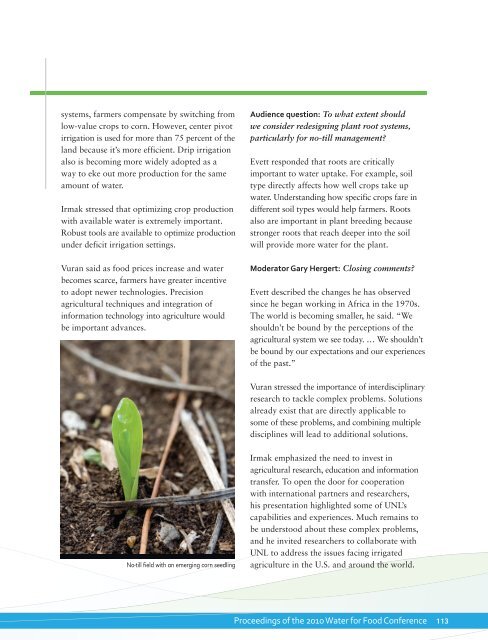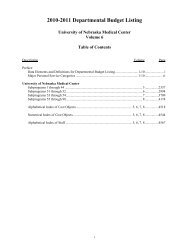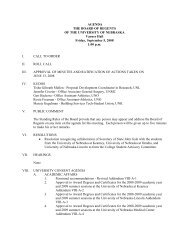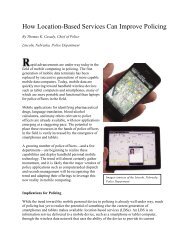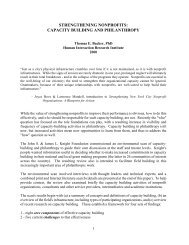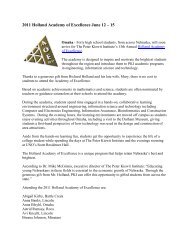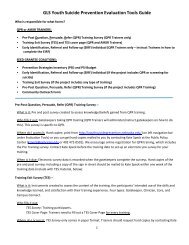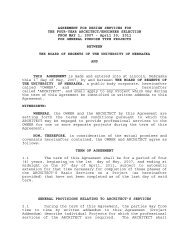Full Version - Water for Food Institute - University of Nebraska
Full Version - Water for Food Institute - University of Nebraska
Full Version - Water for Food Institute - University of Nebraska
You also want an ePaper? Increase the reach of your titles
YUMPU automatically turns print PDFs into web optimized ePapers that Google loves.
systems, farmers compensate by switching from<br />
low-value crops to corn. However, center pivot<br />
irrigation is used <strong>for</strong> more than 75 percent <strong>of</strong> the<br />
land because it’s more efficient. Drip irrigation<br />
also is becoming more widely adopted as a<br />
way to eke out more production <strong>for</strong> the same<br />
amount <strong>of</strong> water.<br />
Irmak stressed that optimizing crop production<br />
with available water is extremely important.<br />
Robust tools are available to optimize production<br />
under deficit irrigation settings.<br />
Vuran said as food prices increase and water<br />
becomes scarce, farmers have greater incentive<br />
to adopt newer technologies. Precision<br />
agricultural techniques and integration <strong>of</strong><br />
in<strong>for</strong>mation technology into agriculture would<br />
be important advances.<br />
No-till field with an emerging corn seedling<br />
Audience question: To what extent should<br />
we consider redesigning plant root systems,<br />
particularly <strong>for</strong> no-till management?<br />
Evett responded that roots are critically<br />
important to water uptake. For example, soil<br />
type directly affects how well crops take up<br />
water. Understanding how specific crops fare in<br />
different soil types would help farmers. Roots<br />
also are important in plant breeding because<br />
stronger roots that reach deeper into the soil<br />
will provide more water <strong>for</strong> the plant.<br />
Moderator Gary Hergert: Closing comments?<br />
Evett described the changes he has observed<br />
since he began working in Africa in the 1970s.<br />
The world is becoming smaller, he said. “We<br />
shouldn’t be bound by the perceptions <strong>of</strong> the<br />
agricultural system we see today. … We shouldn’t<br />
be bound by our expectations and our experiences<br />
<strong>of</strong> the past.”<br />
Vuran stressed the importance <strong>of</strong> interdisciplinary<br />
research to tackle complex problems. Solutions<br />
already exist that are directly applicable to<br />
some <strong>of</strong> these problems, and combining multiple<br />
disciplines will lead to additional solutions.<br />
Irmak emphasized the need to invest in<br />
agricultural research, education and in<strong>for</strong>mation<br />
transfer. To open the door <strong>for</strong> cooperation<br />
with international partners and researchers,<br />
his presentation highlighted some <strong>of</strong> UNL’s<br />
capabilities and experiences. Much remains to<br />
be understood about these complex problems,<br />
and he invited researchers to collaborate with<br />
UNL to address the issues facing irrigated<br />
agriculture in the U.S. and around the world.<br />
Proceedings <strong>of</strong> the 2010 <strong>Water</strong> <strong>for</strong> <strong>Food</strong> Conference 113


